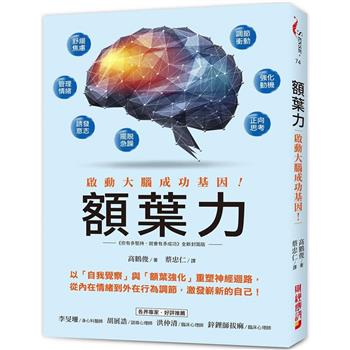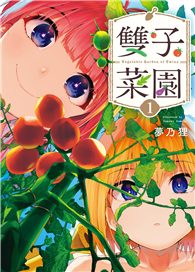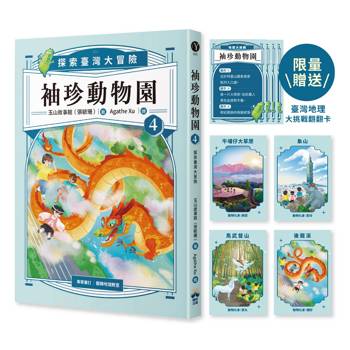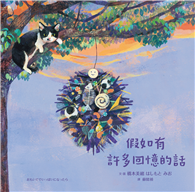| FindBook |
有 1 項符合
Nothing Special的圖書 |
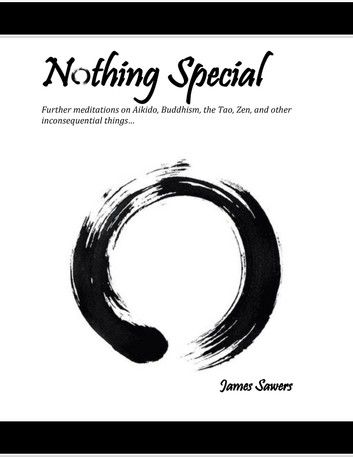 |
Nothing Special 作者:James Sawers 出版社:James Sawers 出版日期:2013-07-22 語言:英文 |
| 圖書館借閱 |
| 國家圖書館 | 全國圖書書目資訊網 | 國立公共資訊圖書館 | 電子書服務平台 | MetaCat 跨館整合查詢 |
| 臺北市立圖書館 | 新北市立圖書館 | 基隆市公共圖書館 | 桃園市立圖書館 | 新竹縣公共圖書館 |
| 苗栗縣立圖書館 | 臺中市立圖書館 | 彰化縣公共圖書館 | 南投縣文化局 | 雲林縣公共圖書館 |
| 嘉義縣圖書館 | 臺南市立圖書館 | 高雄市立圖書館 | 屏東縣公共圖書館 | 宜蘭縣公共圖書館 |
| 花蓮縣文化局 | 臺東縣文化處 |
|
|
Over the years, writing in poetic format has assisted in my own understanding of certain materials or encounters as I attempted to capture a lesson, insight, or observation I have experienced. Hopefully, the reader will gain from this practice, also.
The Chan/Zen tradition uses a variety of metaphoric imagery. In time, because of their training, interests, and worldview, Chan/Zen poets created a type of “code” for writing and reading their poetry. Images such as the moon, clouds, herons, monkeys, etc. can take on complex connotations derived from Chan/Zen ideas, historical Chan and Buddhist texts, and famous conversations. Accordingly, a Chan/Zen poetic line can carry multiple meanings simultaneously. The moon, for example, is associated with enlightenment, or the attempt to achieve enlightenment, and the difficult struggle this can entail.
While it is always recommended that one go to the source material, I hope that this selection of poems offers some clarity, transparency and insight into materials and subject matter that I have frequently found not to have these attributes.
As in the previous work, Nothing Works, the poems in this book are heavily influenced by the styles of classical Chinese and Japanese poetry. In the landscape tradition of Chinese poetry, Mountains-and-Rivers emphasizes the wilder aspects of landscape, with Fields-and-Gardens representing the more domestic aspects of landscape. I have added a third category I call Concrete-and-Steel, based on a more modern, urban perspective, but still inspired by and honoring the prior Chinese poetic traditions, as best I can.
|
